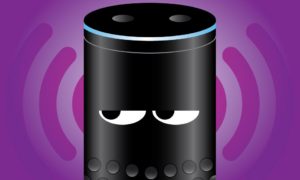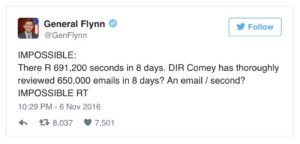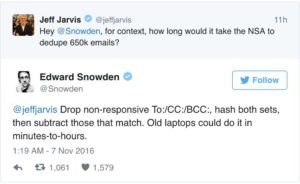This morning’s Observer column:
Ten years ago, [Sergey] Brin was running Google’s X lab, the place where they work on projects that have, at best, a 100-1 chance of success. One little project there was called Google Brain, which focused on AI. “To be perfectly honest,” Brin said, “I didn’t pay any attention to it at all.” Brain was headed by a computer scientist named Jeff Dean who, Brin recalled, “would periodically come up to me and say, ‘Look – the computer made a picture of a cat!’ and I would say, ‘OK, that’s very nice, Jeff – go do your thing, whatever.’ Fast-forward a few years and now Brain probably touches every single one of our main projects – ranging from search to photos to ads… everything we do. This revolution in deep nets has been very profound and definitely surprised me – even though I was right in there. I could, you know, throw paper clips at Jeff.”
Fast-forward a week from that interview and cut to Pittsburgh, where four leading professional poker players are pitting their wits against an AI program created by two Carnegie Mellon university researchers. They’re playing a particular kind of high-stakes poker called heads-up no-limit Texas hold’em. The program is called Libratus, which is Latin for “balanced”. There is, however, nothing balanced about its performance…



